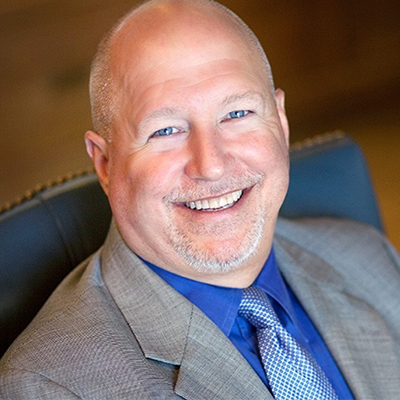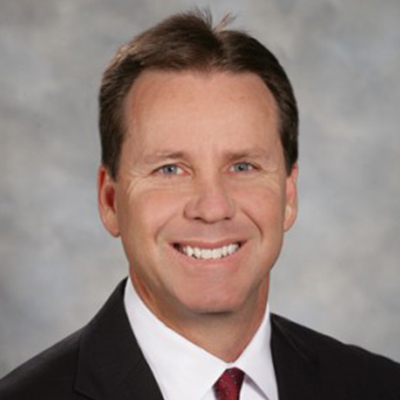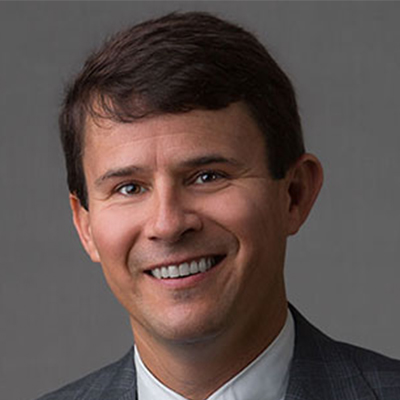A financially and professionally successful law firm does not simply evolve. It must be built in an orderly and systematic manner. The values important to a firm have to be identified, defined, organized and centrally placed. The responsibility for achieving these goals must be keyed to an organizational factor. Whether this is a committee or an individual, ultimately someone must be responsible.
The terms “leadership” and “management” are not synonymous. In simplistic terms, the leadership role is the ability of an individual or group of partners to influence other attorneys – partners and associates – to follow in the achievement of common goals. Management, on the other hand, is the coordination by the managing partner and/or by the management committee of the cooperative activities of all or most of the attorneys be executing the functions of planning, controlling, organizing, staffing, directing and taking corrective actions, as required.
Members Must be Willing
The point to be emphasized is that any partnership, no matter the size, needs leadership. Good law firm management cannot be achieved until all the partners agree to subordinate some degree of independence to a managing partner or a management committee. All attorneys in the firm have to recognize that the impetus for successful leadership is derived from the willingness of all firm members to “follow” and “be governed.” In other words, the partners must strike a balance between their rights as owners and their responsibilities as citizens of the firm. They must relinquish some personal prerogatives in order to achieve the overall results that they would not be able to attain on their own.
In theory, all partners are created equal. By dint of partnership status they are accorded the same rights and privileges. As many firms discover, though, this is not the case in practice. Invariably, each partner has his or her own idea about how to perform the job, and partners exercise their authority accordingly.
In some firms, the leadership role is assumed easily and naturally, because the individual is either a founding partner or controls a significant client base. In firms in which the partners are relatively young and inexperienced, the process of "natural selection," as it were, may be somewhat more difficult, if not virtually impossible. In situations in which no partner surfaces as a natural leader or no one wants the job, the firm must take aggressive action if it wishes to grow and satisfy the professional, economic and personal objectives of its members.
Leadership Decisions
In any case, the firm must make some hard decisions about the kind of leadership that is required and what the members of willing to live with. In some firms, the leadership role is assumed easily and quite naturally because the individual is a founding partner or because he or she controls a significant client base. In firms where the partners are relatively inexperienced relative to the various aspects of law firm management, the process of natural selection, as it were, may be somewhat more difficult. In situations in which no partner surfaces as a natural leader because no one wants the job or none of the partners are acceptable to the other members of the firm, the firm must take aggressive action if it wishes to grow and satisfy all of the professional, economic and personal objectives of its members.
Should the general partnership elect a managing partner? Should this individual be appointed by the management committee?
Sometimes the size of the firm will preclude this dilemma. The smaller firm is in a position to establish a democratic form of governance that includes all the partners in a leadership role. If this is not practical, the partners face a difficult choice. They risk setting up two power centers if the general partnership elects both the management committee and the managing partner. This will create great potential for dissension and divisiveness. To avoid this debacle, selection of the managing partner by the management committee is the preferable course of action.
Requisites for Leadership
What kind of person makes a good managing partner? Generally, lawyers are not recruited to a law firm on the basis of their interest or skills in management. They are rarely trained by the firm in management skills. Consequently, lawyers' skills and levels of interest in management are greatly varied.
Any management committee will include some attorneys who are good managers and some who are not. This should not be viewed as an obstacle. Management skills are not necessarily the only factors that qualify an attorney to serve on a management committee. It may be equally important to provide equitable representation on the committee to each of the groups of lawyers that constitute the law firm.
The requisites for leadership are, in this day and age, well known. The leader must garner respect and support, have clout and wield it when necessary. The leader's skills must combine judgment, timing and vision.
The managing partner must keep the objectives of the firm in proper perspective. The managing partner must be able to rise above the "self" and understand that the good of the firm must come first. The managing partner must be able to make decisions and have them stick. Perhaps most important, the managing partner must want to manage the firm.
Many partners want a great deal of "say" in firm operations, but stop short of following up on their advice or opinions with recognizable action. Such "management by debate" leads many management committees down a blind alley of endless discussions and meetings. It can be generally agreed that the members of the management committee and the managing partner, as lawyers, want primarily to practice law. The amount of time available for management is limited and must be used wisely.
Collaboration is the best way to generate ideas and options for managing the firm. In the most successful firms, much gets done by teams of partners pulling together. The firm, not the leader, becomes the star; the leader serves primarily as the one who articulates the firm's goals and plans for accomplishing its objectives.
There are some management functions, however, that should be performed by the management committee or the managing partner and should not be delegated. There are other tasks that may be performed by either the committee or the partner, but also may be performed by individual members of the management committee or other lawyers in the firm. The managing partner and the committee should be charged with those functions that require their specific talents and energy. In placing responsibility for other tasks, it is important to make certain that the management committee and the managing partner have the time to perform the functions that only they can perform.
In assessing his or her function, the managing partner should realize that attorneys' expectations regarding the practice of law may well be different from the expectations that attorneys held ten years ago. These expectations may have changed in regard to hours of work, specialization, income, risk, independence and ethics. Attorneys have a greater desire to know the reasons behind decisions and to participate in decision-making.
The managing partner might consider how the social, educational and economic backgrounds of the new crop of attorneys have changed, and how these changes may be reflected in their attitudes, needs and expectations. Ultimately, these changes will be reflected in the firm's recruiting activities, turnover, work product and fields of specialization.
In the final analysis, it is the work that binds and unifies the various components of the firm – that is, the attorneys. The prudent managing partner will recognize the need to chart a course that mediates between the requirements of the practice of law and the needs of those who perform the work.
# # #
About the Author

Joel A. Rose
President, Joel A. Rose & Associates, Inc.
Joel is President of Joel A. Rose & Associates, Inc., management consultants to the legal profession. The firm, national in scope, is headquartered in Cherry Hill, New Jersey. He can be reached at 856.427.0050 or jrose63827@aol.com.


















